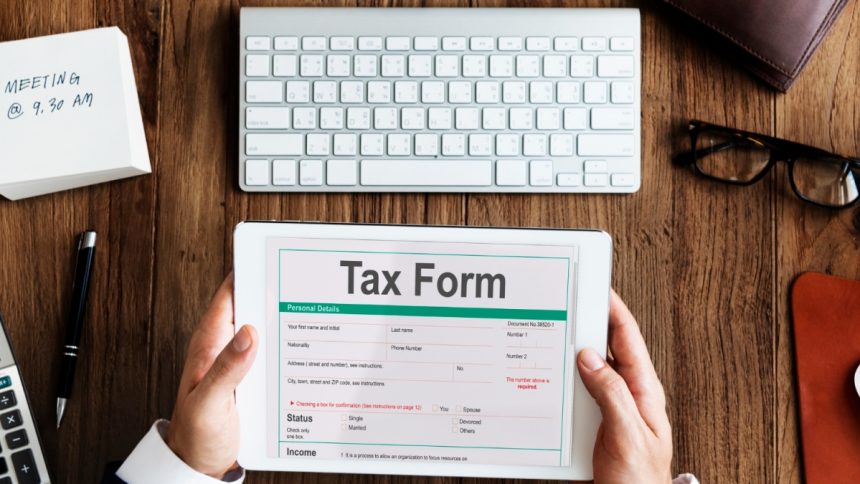The prospect of establishing a business in Canada is quite appealing. Regarding the ease of doing business, Canada ranked second in North America, scoring 79.6 points in 2020.
Unsurprisingly, as of December 2022, there were 1.22 million employer businesses in Canada. Around 1.19 million were small businesses, 23,395 were medium-sized businesses, and 3,128 were large businesses.
Despite being regarded as one of the best business environments in the world, navigating the Canadian tax system can feel overwhelming. As a business owner in Canada, you’re responsible for ensuring your business complies with tax laws.
Below, we’ll explore three tax issues commonly faced by businesses in Canada and offer some tips on effectively addressing these complexities.
1. Inaccurate Record-Keeping
Keeping accurate and complete financial records is essential for complying with Canada’s Income Tax Act and avoiding penalties or other consequences.
Unfortunately, not keeping records correctly is a common tax issue that can cause significant problems for many businesses in Canada. It can lead to errors in tax filings, missed deductions, and audits from the Canada Revenue Agency (CRA).
To prevent this problem, ensure your business maintains the required records for six years from the end of the last tax year they’re connected to. Track all your money transactions and organize documents for your business taxes.
2. Late Tax Filings
If you file your business taxes late in Canada, you may have to pay penalties and interest to the CRA. Penalties for filing late can vary, depending on the type of tax return and the number of days exceeding the deadline. Regardless, late filings add unnecessary costs to your business and disrupt its cash flow.
Ensure you get help with your tax issues as soon as possible. Tax experts can help your business submit tax returns on time and use available extensions to mitigate the risks associated with late tax filings. They can also review and update your tax plans to ensure compliance with tax laws.
3. Improperly Claimed Tax Deductions
Improperly claimed tax deductions happen when your business claims expenses that don’t qualify for tax deductions. It can also occur when you fail to document deductible expenses properly.
Although Canada allows deductions and credits to minimize your tax bill, you cannot claim certain expenses, even if they seem legitimate. Doing so will trigger an audit from the CRA and may increase your tax liability.
Always exercise caution when claiming tax deductions for your business. Ensure your business expenses are separate from personal spending. For instance, if you purchase gas for your car, remember that you can only deduct the amount you used for business trips.
You can check the CRA’s list of eligible expenses to see which deductions you’re legally entitled to claim. It’s also a good idea to consult with a professional to ensure that a particular cost is lawfully tax-deductible.
Avoid These Complexities With Strategic Tax Planning
Strategic tax planning is critical for businesses operating in Canada. It helps you handle the complex tax landscape with fewer problems and minimize potential tax burdens. Moreover, regularly updating tax plans and seeking expert advice can help your business prepare for tax rule changes.
Tax laws frequently change, and staying informed is crucial to adhering to the rules and maximizing your business’s tax benefits. Although you can check the CRA’s official website, tax professionals can better guide and empower you to make the right decisions on tax matters.
Lynn Martelli is an editor at Readability. She received her MFA in Creative Writing from Antioch University and has worked as an editor for over 10 years. Lynn has edited a wide variety of books, including fiction, non-fiction, memoirs, and more. In her free time, Lynn enjoys reading, writing, and spending time with her family and friends.















